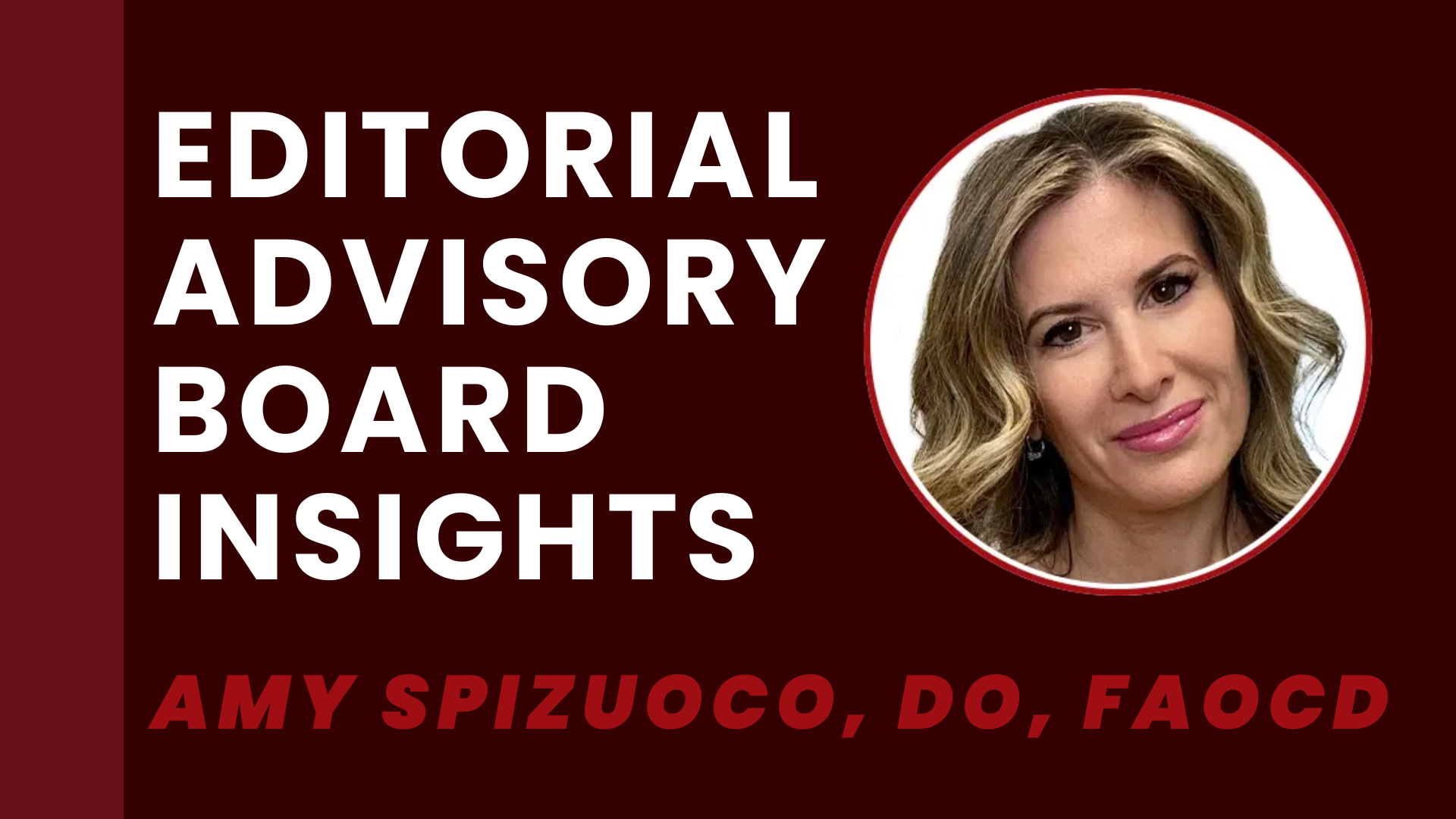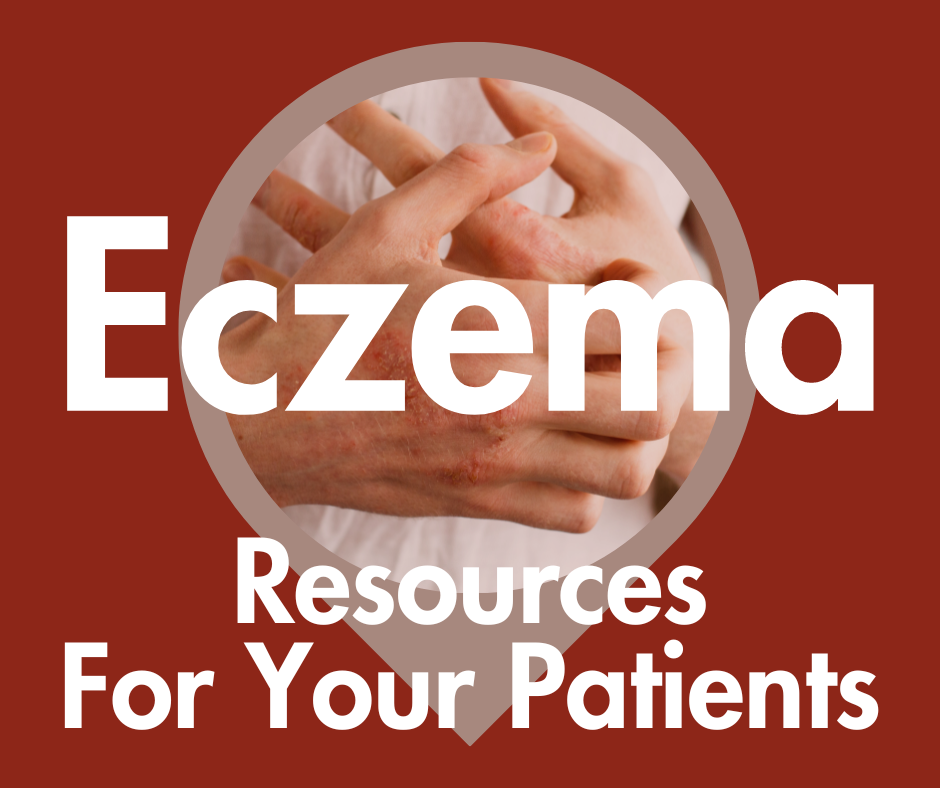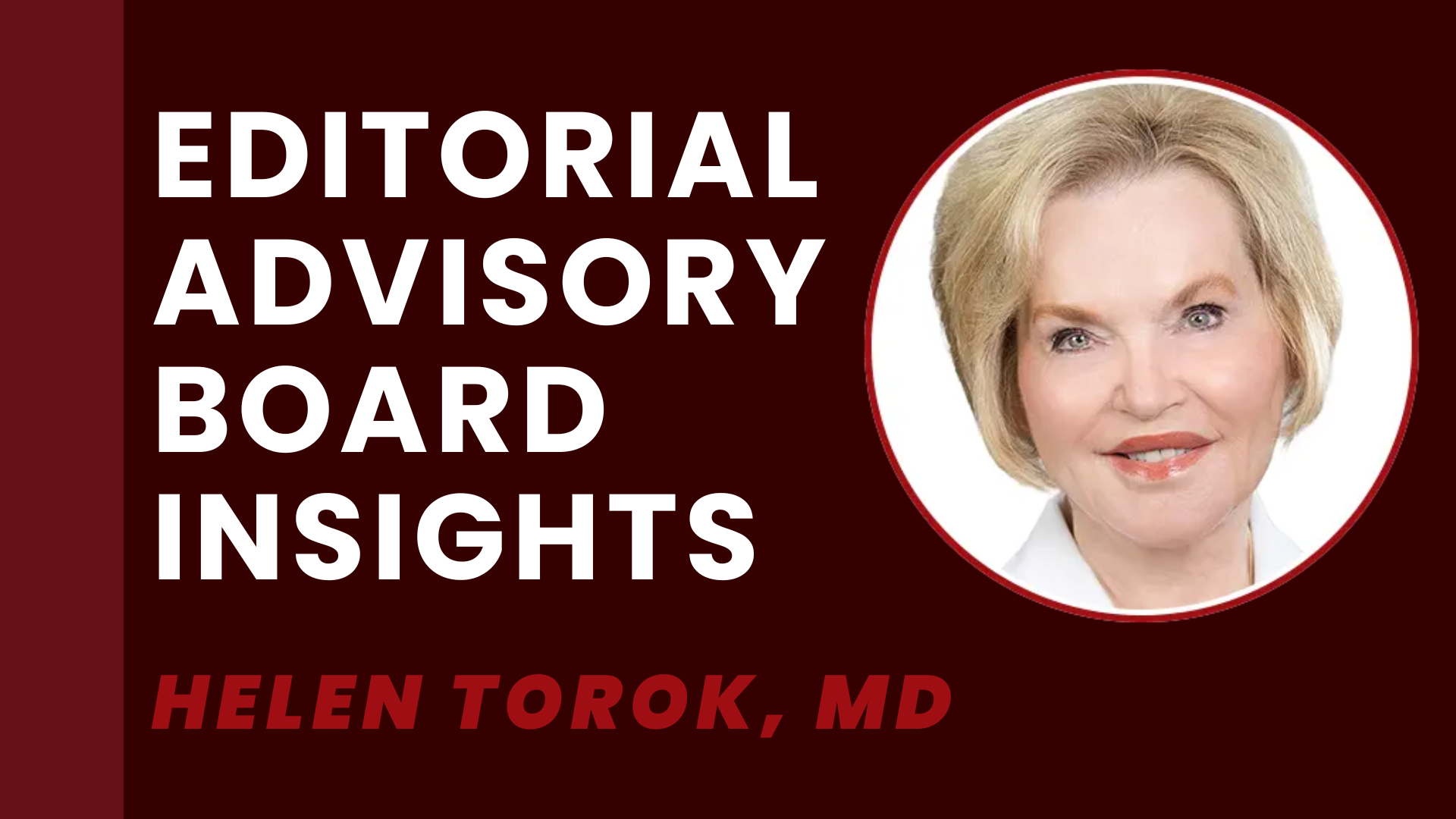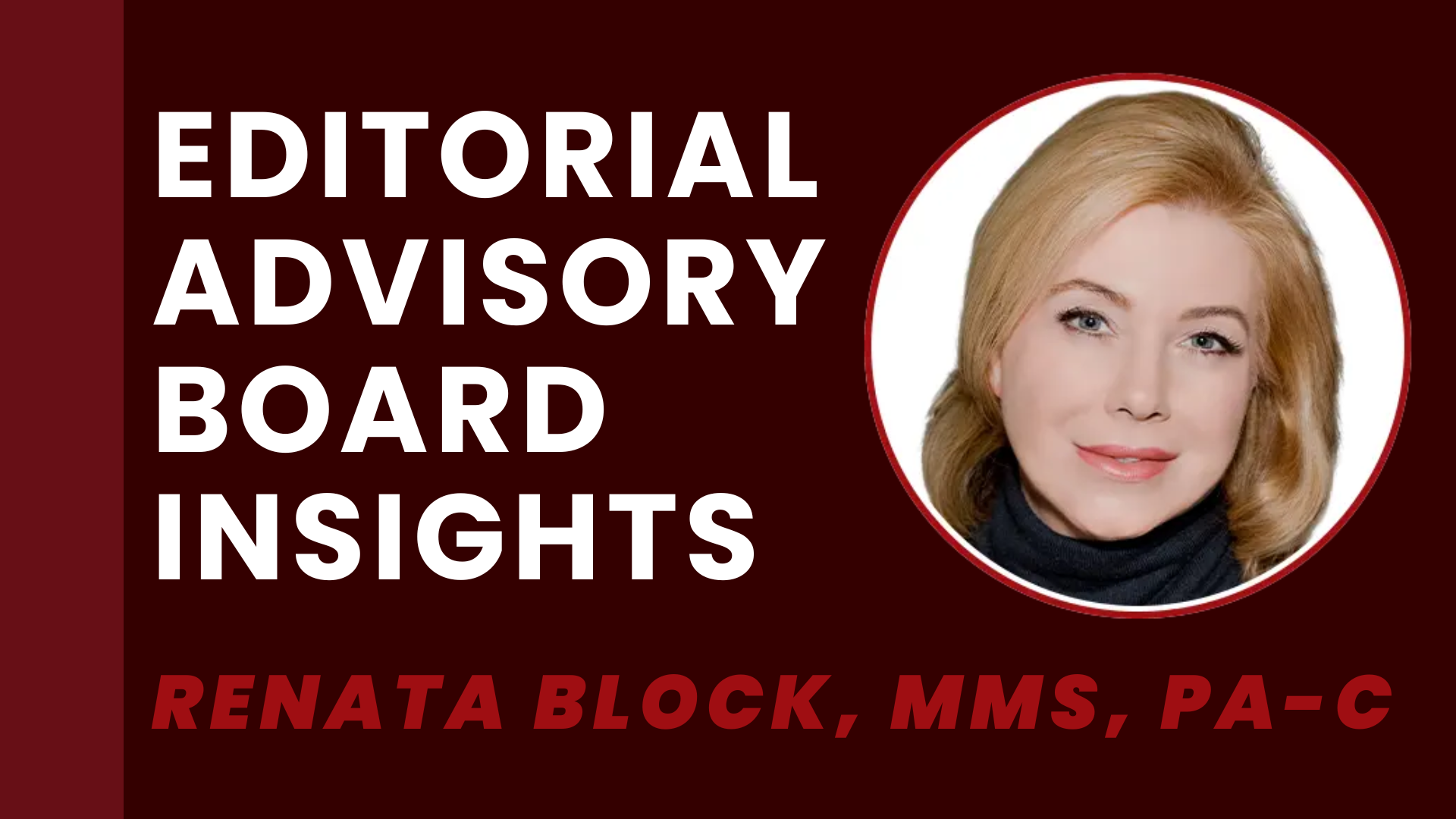- Case-Based Roundtable
- General Dermatology
- Eczema
- Chronic Hand Eczema
- Alopecia
- Aesthetics
- Vitiligo
- COVID-19
- Actinic Keratosis
- Precision Medicine and Biologics
- Rare Disease
- Wound Care
- Rosacea
- Psoriasis
- Psoriatic Arthritis
- Atopic Dermatitis
- Melasma
- NP and PA
- Skin Cancer
- Hidradenitis Suppurativa
- Drug Watch
- Pigmentary Disorders
- Acne
- Pediatric Dermatology
- Practice Management
- Prurigo Nodularis
- Buy-and-Bill
News
Article
Editorial Advisory Board Insights for Eczema Awareness Month: Amy Spizuoco, DO, FAOCD
Amy Spizuoco, DO, FAOCD, shares her atopic dermatitis insights.
Throughout National Eczema Awareness Month, Dermatology Times® will be featuring Q&As with the expert dermatology professionals who are a part of our Editorial Advisory Board.
Amy Spizuoco, DO, FAOCD, of the American Osteopathic College of Dermatology and Icahn School of Medicine at Mount Sinai, shares her insights into the evolving treatment and research landscapes of atopic dermatitis.

Dermatology Times: What emerging research or developments in the field of dermatology hold the most promise for improving the quality of life for patients with atopic dermatitis (AD) in the coming years?
Amy Spizuoco, DO, FAOCD: Two nonsteroidal topical medications already FDA approved will soon be approved for the treatment of AD, VTAMA [tapinarof] and ZORYVE [roflumilast], and will help reshape the management and treatment of patients that suffer with AD. In addition to more biologic medications such as lebrikizumab to add to the armamentarium.
Dermatology Times: How can dermatologists better educate patients and their families about the chronic nature of atopic dermatitis and the importance of long-term management and prevention strategies?
Spizuoco: AD starts in childhood, so the education starts with the pediatricians, and school nurses.
Dermatology Times: What are some of your go-to treatment approaches for atopic dermatitis (orals, JAKs, topicals), and what therapeutic options do you reach for when initial treatment choices aren’t as affective?
Spizuoco: My go-to treatment for AD is dupilumab. It is very effective and safe in patients 6 months and older.
Dermatology Times: Can you share your insights on the psychological and emotional impact of atopic dermatitis on patients, and how can dermatologists offer holistic support in addition to medical treatment?
Spizuoco: AD typically starts in childhood and affects the entire family. AD patients are extremely itchy and have trouble sleeping and therefore require more care than children that don't have AD.





